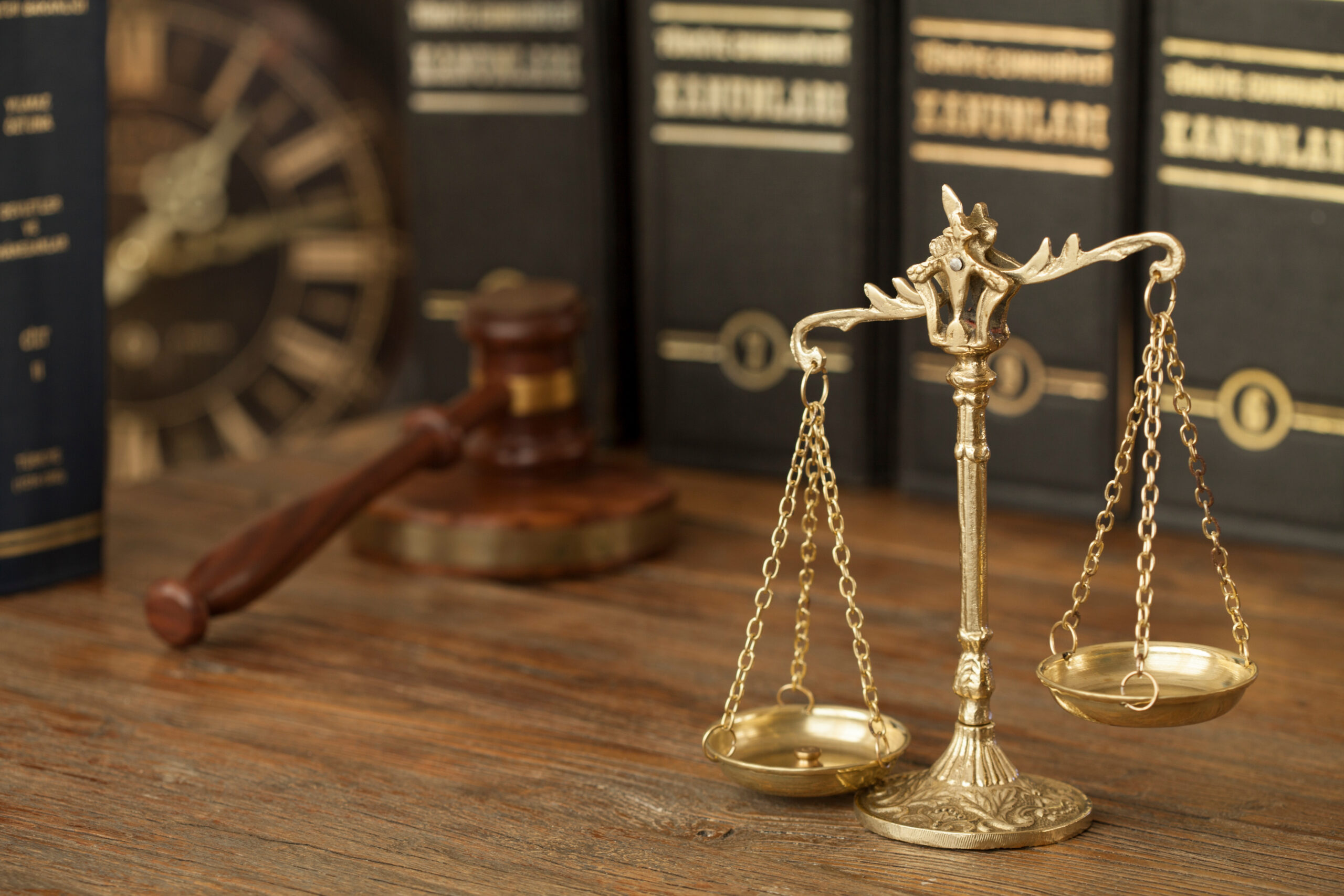Is Gabapentin Abused Recreationally?
**Is Gabapentin Abused Recreationally?**
Gabapentin, a medication designed to treat nerve pain and seizures, is increasingly being misused for recreational purposes. While it’s not classified as a controlled substance everywhere, its potential for abuse has raised concerns among healthcare professionals. Here’s what you need to know:
### **How Gabapentin Works**
Gabapentin calms overactive nerves in the brain and body, making it useful for conditions like epilepsy or neuropathic pain. It doesn’t directly affect dopamine (the “reward” chemical), but some users report feeling relaxed, euphoric, or even sedated when taking high doses[1][4].
### **Recreational Use Trends**
– **Mixing with Other Drugs**: Gabapentin is sometimes combined with opioids like heroin or medications such as pregabalin (a similar drug) to amplify effects[1][5]. This practice is particularly common in settings involving “chemsex” (drug use during sexual activity)[1].
– **Accessibility**: Prescribed widely for chronic pain, gabapentin is easy to obtain legally or through illicit channels. In Australia, dispensing rates have risen since 2016–17[4], reflecting broader global trends.
– **Demographics**: People in remote areas or disadvantaged socioeconomic groups are more likely to misuse pain-relievers like gabapentin non-medically[4].
### **Risks of Misuse**
– **Overdose Symptoms**: High doses can cause severe drowsiness, confusion, slurred speech (similar to alcohol intoxication), and even seizures[2][5].
– **Withdrawal Issues**: Sudden stoppage after prolonged use may lead to anxiety, insomnia, or physical discomfort—though withdrawal risks are lower compared to opioids[3][5].
– **Long-Term Harms**: Chronic misuse might worsen mental health problems like depression or trigger accidents due to impaired coordination[3][5].
### **Why Is This Happening?**
Gabapentin isn’t routinely screened in drug tests and carries less stigma than illegal substances. However its misuse often overlaps with opioid addiction—making it a “hidden” contributor to substance-related harm[1][4].
In short: while gabapentin helps many patients manage serious conditions safely under medical supervision recreational use poses real dangers—especially when mixed with other drugs Always follow prescribed guidelines discuss concerns openly with your doctor and avoid sharing medications even if intentions seem harmless at first glance





